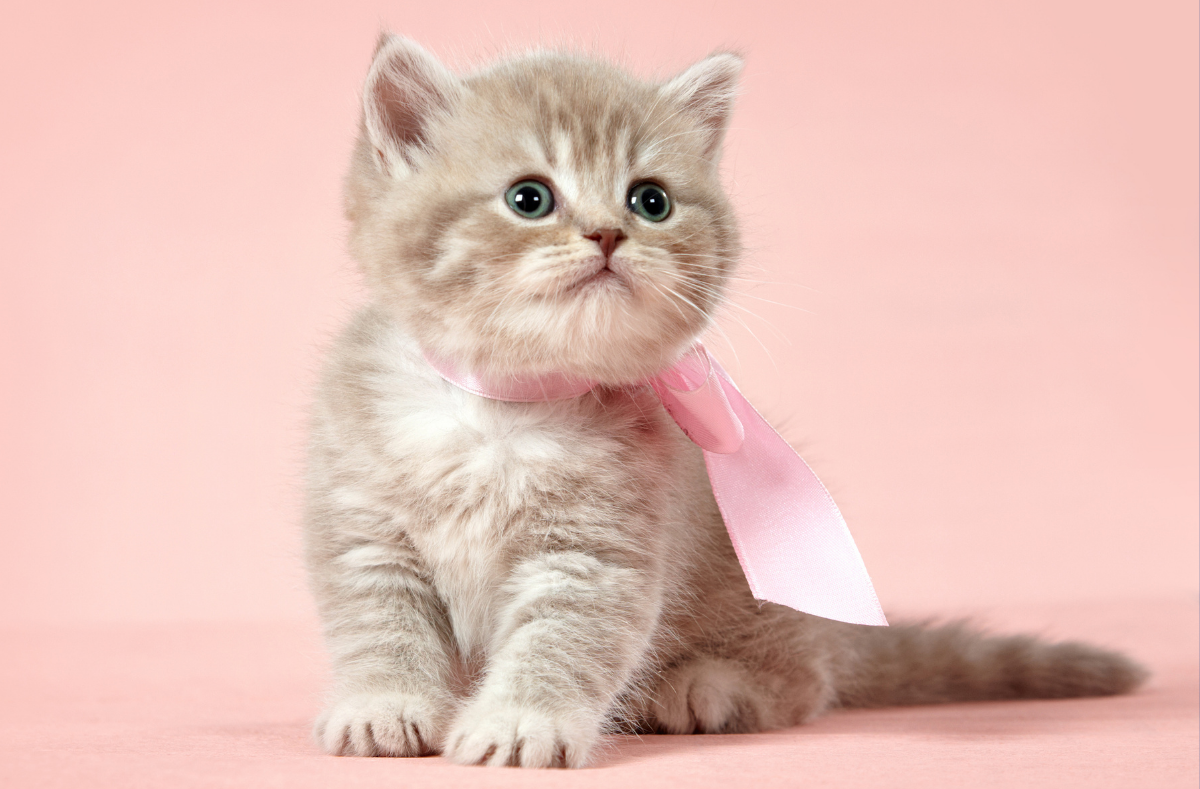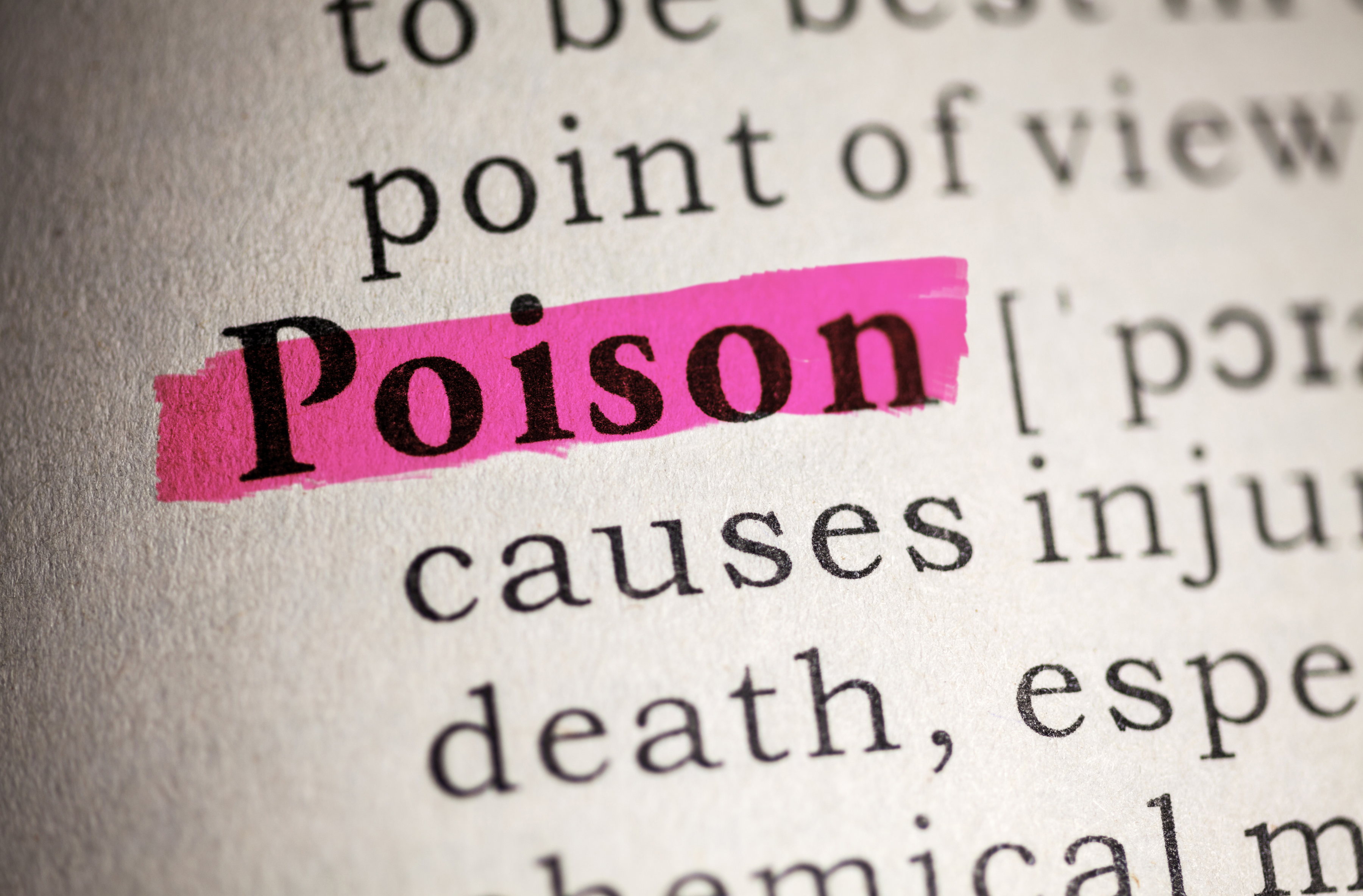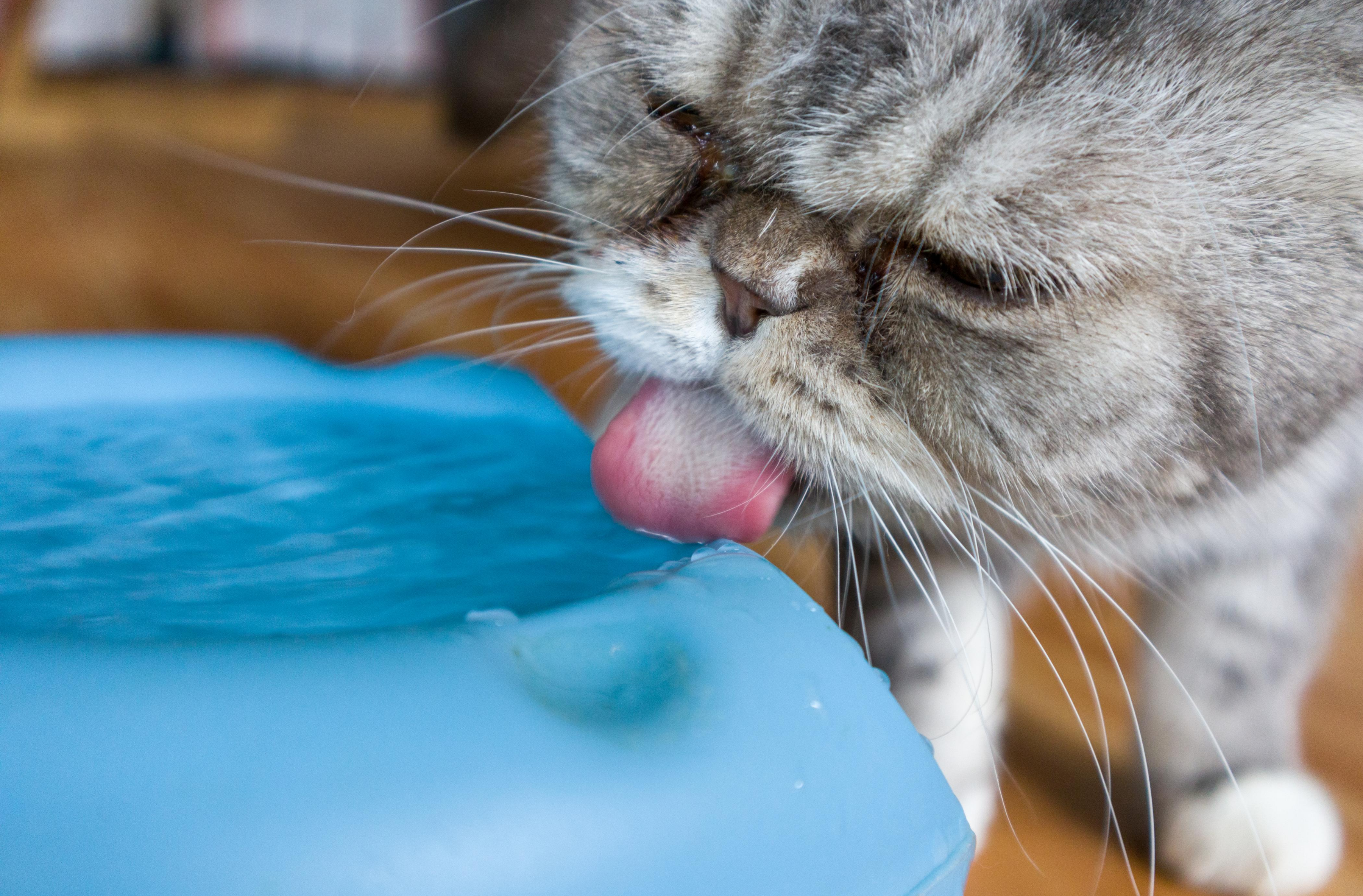
What you need to know about your Cat’s Vaccines
We’re in 2020 and we know now, better than ever before, that the key to a healthy cat is PREVENTION.
The best, cheapest, and most effective way to help your cat stay healthy is by vaccinating.
Viral diseases that can now be prevented using vaccines, don’t have a treatment, and us, as vets, can only help your cat get through such a difficult time with supportive treatment. But keep in mind that some of the diseases can be fatal for your furry friend.
It is 2020 and we do know better now, but unfortunately, we still see way too many cases of unvaccinated cats that become ill due to different types of viruses.
It is advisable for all kittens to have an initial course of vaccination- that means at least two injections for a kitten. You’ll have to ask your veterinarian about the right initial course for your cat as this course depends on several factors such as the age, the area where you are located, the prevalence of diseases there and the laws in your country.
The initial course of vaccination should be followed by an annual booster vaccine – here again, the best person to advise you is your veterinarian, because the booster vaccine depends on another series of factors.
Vaccine producers offer combination vaccines and that means that with only one shot, your cat can be protected against many diseases.
Most frequently, your vet will vaccinate your cat against the following:
Feline Panleukopenia Virus
It causes diarrhea and vomiting, leading to dehydration and can be fatal. It is highly contagious and can be fatal.
Feline Herpesvirus (FHV-1) / Feline Calicivirus (FCV)
Vaccines for feline herpesvirus and feline calicivirus are always combined. These two viruses together are the main causes of upper respiratory tract infections in cats, cat flu.
Feline Leukemia Virus (FeLV)
A serious illness that is spread through fighting, mutual care, and sharing of food/water bowls and litter boxes. Kittens can also become infected from their mother before birth. This virus causes a wide variety of problems in infected cats. These include immunosuppression, anemia (low numbers of red blood cells), and lymphoma.
We recommend that all cats that go outside are vaccinated against FeLV, as they may come across cats of unknown vaccination status, and are at risk of being exposed to FeLV. Neutering will also help to prevent fighting and therefore reduce the risk of spreading this disease.
It’s never late to start a vaccination course for your cat. It is though, mandatory for him/her to be healthy at the beginning of this course and during the time necessary for the course to be completed.
Every time you have a question about the vaccine course for your cat, the best to ask is your veterinarian.






